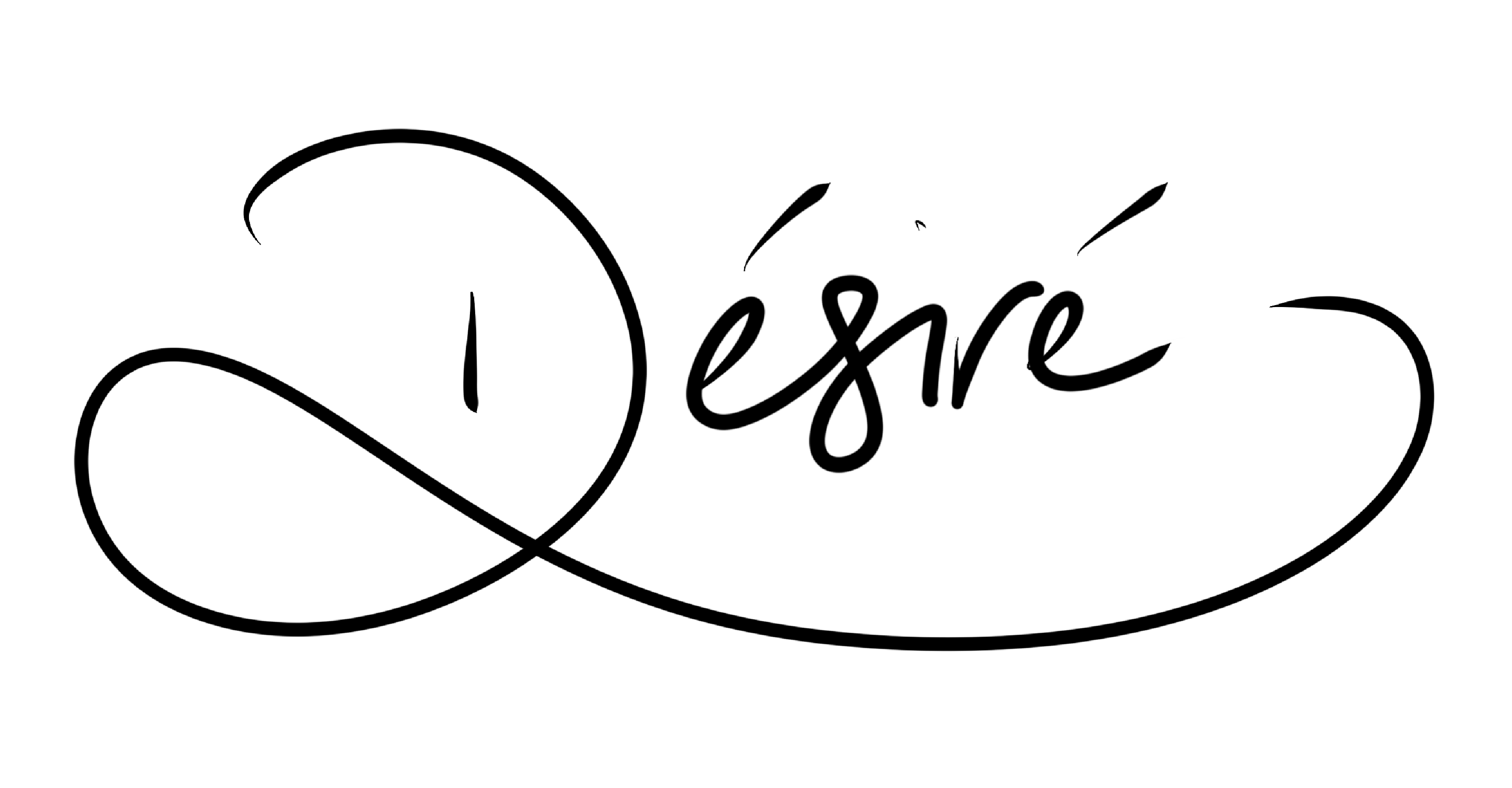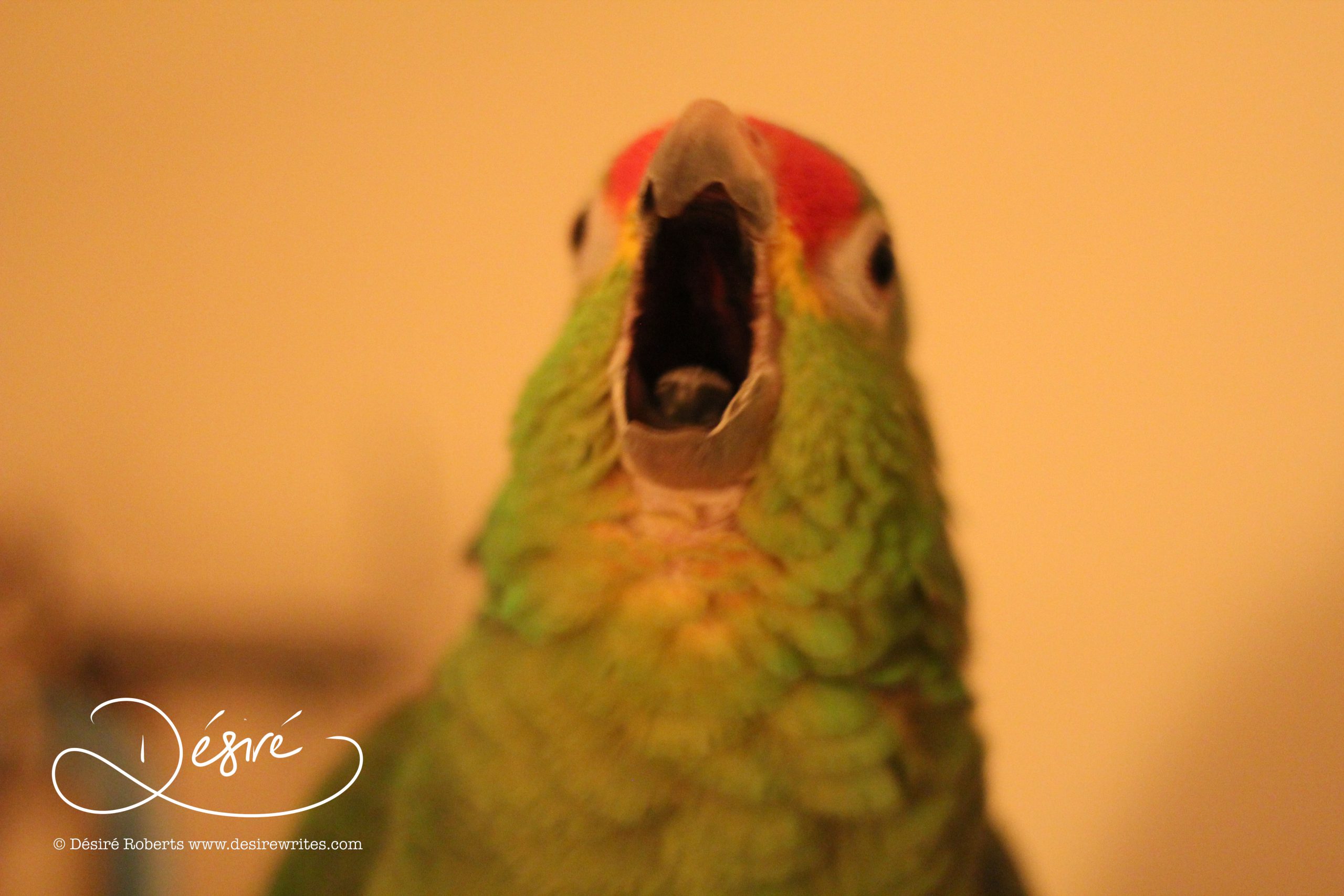There are three truths. Yours, the other persons, and the actual truth.
Truth is a funny thing. It makes me laugh honestly (Is that a truth? It’s my truth, but is it yours?). But seriously, what is true? How can you tell if anything is true? Are your memories true, or are they your brain’s warped version of the truth? What happens if you’re stressed and your interpretation of an event is separate and apart from the actual truth? Isn’t that your truth? But it’s not really the actual truth.
Truth, like whether a thought or belief is real, is highly subjective, as it is entirely based on if you believe it to be true. The only truth lies within documented, unbiased evidence; and even then, it’s entirely up to the perception and understanding of those events by the person making the judgement. Is Harry Potter true to you? Is what he felt in the stories true? Or is it a truth? It’s as true as you believe it. Same thing goes for extraterrestrial beings; they are as real and as true as you make them. But are they the truth?
So what sparks this topic? Someone told me I wasn’t being honest, and that I was only telling a one-sided, biased version of a series of events. That got me thinking about the truth. What is the truth? I am telling my side of the story, my account, my experience based solely on the knowledge, perspective and memory I have. They would do the same; tell a story based solely on how it was perceived from their point of view. But does that make what I know, a lie? Or what they know, untrue? Yes and no, on both accounts. Both parties are right in this case, because these are their truths. But it is not the actual truth.
My truth is as I know it. My distinct perception of a series of events would be vastly different from someone else’s for a variety of reasons. Culture, social influence, past experiences, upbringing, values, morals, ethics, peers, family and the media I consume are all factors which influence my perception of a single event in time.
If I have been desensitised to violence, when someone attacks another person in a violent manner in my presence, I would be less likely to be affected by that event than someone who has never experienced that level of hostility. Does this make the event any more or less violent because of my perception? No. But in my case, that event would not have been as bad for me, as it would have been for the other person. Does that make either account of the event any less true? Unless someone exaggerates and adds in details that were not present, then, no, it would not be any less true.
Your truth is as you know it. It is true to you alone, as this is your unique perception of a specific thread in time. But while this may be your truth, it might only be true for you. What happens when your brain start filling in gaps in a timeline because you thought something may have happened there? This is where we have stepped outside of the truth boundary, and into the perception and paranoia streams. But this becomes your truth. And to you, this is gospel, regardless of what really happened.
The actual truth is as it is, unbiased and untainted, beautiful, flawless and perfect. There is no perception of this. It’s pure. But how can we as flawed humans achieve this? We can’t. This is where our perceptions come into play. We can only perceive something to be true, and if it does for that moment, we trust it, because we perceived it to be true.
So how do we tackle this issue of truth? Can we ever do this? Perhaps with a third party involved, yes, but how can that person really tell what happened if they were not there? They will only have your truth and my truth, but not the actual truth. If you believe in a God, then the only person who knows the actual truth is God, and while that can be comforting for some, it’s unnerving for others.
***
I’m trying to tackle a couple abstract ideologies and theories. It’s not entirely easy since I have them all stored in my head, but never actually articulated them. It makes perfect sense up here (taps right temple with index finger) but it stumbles and tumbles down the stairs in the most awkward of fashions when I have to verbalise it. It’s like that teenager who can’t seem to catch their breath or find their balance at the same time, with severe astigmatism. Awful, isn’t it. Welcome to a moment in my life, haha!




